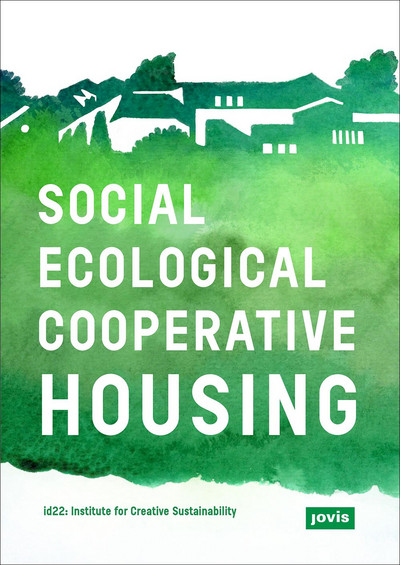

🏢 Context and Publication
The eBook titled "Cooperative Social-Ecological Housing" was published in 2024 by id22: Institute for Creative Sustainability, based in Berlin, Germany. The institute is known for its focus on sustainable urban development and cooperative housing projects. The authors, a diverse team including Michael LaFond, Giulia Carones, and Alex Valder, are positioned as "activist-experts" with extensive experience in researching and working on cooperative housing initiatives.
🌍 Key Findings
The book provides an in-depth analysis of how housing cooperatives in German-speaking countries can address pressing social and environmental issues. Among the key findings is the assertion that these cooperatives can effectively tackle crises such as climate change, housing affordability, and social inequality through innovative building and living approaches.
🏗️ Model Projects
It features 12 model projects predominantly located in Berlin, showcasing various implementations of social-ecological cooperative housing. These projects range from the renovation of existing buildings to new construction, all aiming to provide affordable housing options while incorporating essential environmental features like energy efficiency and renewable energy sources. The projects also emphasize shared resources and a balance between individual living spaces and communal areas.
💡 Ownership Models and Community Engagement
Alternative ownership models, such as community land trusts and the Mietshäuser Syndikat, are highlighted as strategies to maintain affordability and prevent speculation in housing. The book emphasizes the importance of participatory planning and self-governance, where residents are heavily involved in decision-making processes, fostering a strong sense of community.
⚠️ Challenges and Policy Recommendations
Despite the promising models, the authors note significant challenges, including financing difficulties, the need to balance affordability with ecological features, and ensuring long-term community engagement. The book advocates for increased policy support and financing options to help scale up these cooperative housing models across Europe.
📚 Conclusion
Overall, the eBook positions cooperative and community-led housing as innovative solutions to contemporary housing, social, and environmental challenges. It aims to inspire and provide practical knowledge for individuals and organizations interested in developing similar sustainable housing projects across Europe, emphasizing the need for supportive policies to enhance their impact.